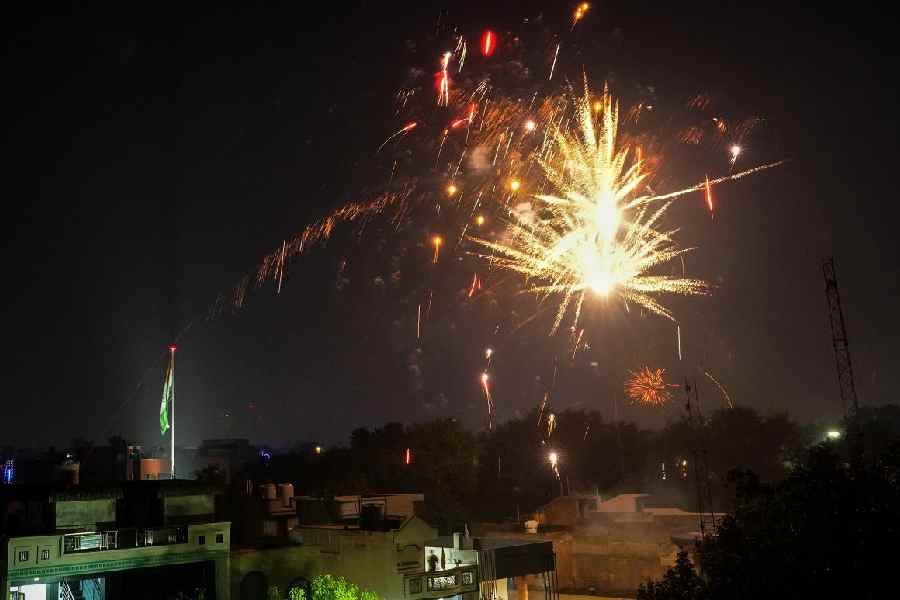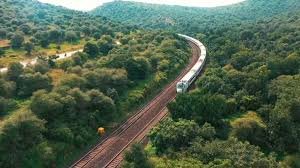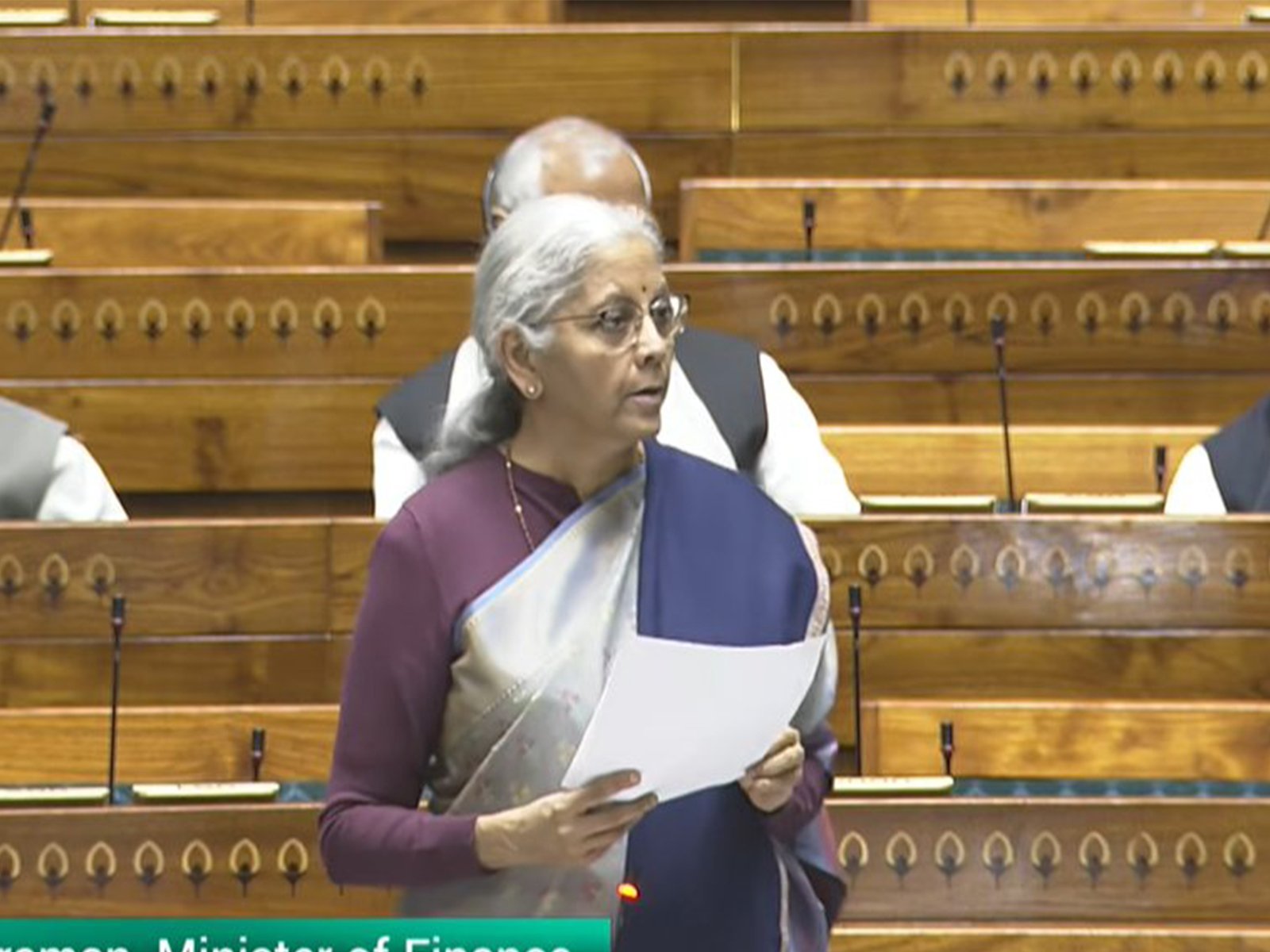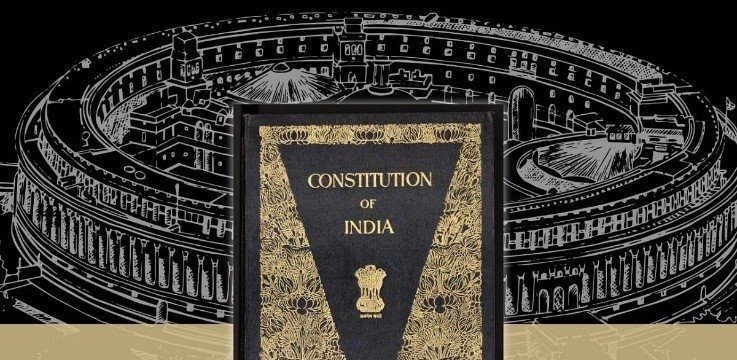Why in the News?
- The Supreme Court (SC) has indicated a partial relaxation of the firecracker ban in Delhi-NCR on a trial basis for 2025.
- This decision aims to balance public health, festive traditions, and the livelihoods of workers in the firecracker industry, following a decade-long legal struggle over air pollution caused by firecrackers.
Historical and Legal Background
- 2015: Petition by three infants seeking protection from toxic air in Delhi.
- 2018 (SC Arjun Gopal Judgment): Ban on conventional firecrackers; only green crackers allowed with fixed time slots.
- 2020 (NGT): Imposed an absolute ban during Diwali in Delhi-NCR and other highly polluted cities.
- 2021–2023: Year-round bans issued by Delhi Pollution Control Committee (DPCC).
- 2024–2025: SC noted short-term bans may be ineffective, permitted certified green cracker production but restricted their sale until proper verification.
What Are Green Crackers?
- Developed by CSIR-NEERI to reduce air pollution and noise during festivals.
- Pollutant reduction: Release 30–40% fewer harmful particles than conventional firecrackers.
- Non-toxic chemicals: Avoid barium nitrate, arsenic, and lead, using alternative formulations.
- Key variants (2018):
- SWAS (Safe Water Releaser)
- STAR (Safe Thermite Cracker)
- SAFAL (Safe Minimal Aluminium)
- Features: Lower noise levels (≤120 dB), smaller shells, dust-suppressant additives, traceable via QR code and green logo.
- Green crackers are less harmful but not pollution-free. Studies indicate they still emit ultra-fine particles, which can be more dangerous than PM2.5 and PM10.
Supreme Court Directions
- Only certified green crackers may be produced and sold by approved manufacturers.
- The sale and use of green crackers is limited to designated points and strictly controlled dates and timings around Diwali.
- Toxic chemicals remain strictly prohibited, and series crackers (‘laris’) cannot be manufactured or sold.
- Online sales of firecrackers are banned, and violators will face penalties including license cancellation.
- Police and pollution control officials will monitor sale points, verify authenticity, and collect samples for testing.
- The relaxation is trial-based, with air quality monitoring from October 14–25, 2025 to evaluate environmental impact.
Constitutional and Legal Relevance
- Article 21: Right to clean air and a healthy environment.
- Article 19(1)(g): Right to carry on a profession or occupation, protecting firecracker workers’ livelihoods.
- Article 51A(f): Duty of citizens to protect the environment and cultural heritage.
- Upholds environmental protection, economic rights, and cultural freedoms in a balanced manner.
Challenges and Way Forward
| Challenges | Way Forward |
| Despite bans, air pollution during Diwali remains severe due to continued bursting of conventional firecrackers. | Strictly enforce regulated sale and usage of green crackers, and monitor air quality in real time to ensure compliance. |
| Smuggling and illegal sale of conventional firecrackers continues in the NCR. | Establish designated sale points, enforce patrolling, ban online sales, and implement strict penalties for violations. |
| Verification of green crackers is weak due to the lack of testing labs and inspection facilities. | Build robust testing and inspection infrastructure, enforce QR code verification, and prevent counterfeiting to ensure authenticity. |
| Firecracker industry workers face economic hardship due to bans and limited sales. | Support certified green cracker manufacturing, provide skill development, and offer financial incentives to maintain livelihoods. |
| The general public has limited awareness about safe usage and environmental impact. | Conduct public awareness campaigns highlighting pollution risks, safe usage practices, and environmental responsibility. |
| Lack of coordination among NCR states (Delhi, Haryana, Uttar Pradesh, Rajasthan) hampers enforcement. | Strengthen inter-state collaboration for uniform regulation and effective monitoring across the NCR region. |
| Even green crackers emit ultra-fine particles, posing health risks. | Promote further research, establish stricter emission norms, and issue public health advisories for vulnerable groups. |
Conclusion
The Supreme Court’s approach demonstrates judicial pragmatism, providing a regulated middle path that balances environmental protection, cultural rights, and livelihood concerns. It tests scientific innovations such as green crackers to reduce pollution, while upholding constitutional safeguards and guiding policy decisions. The approach also encourages coordinated governance, public awareness, and evidence-based regulation. The success of this trial relaxation will determine the future regulatory framework and the ability to protect air quality while respecting cultural traditions and economic rights.
| Ensure IAS Mains Question Q. The Supreme Court’s partial relaxation of the firecracker ban in Delhi-NCR aims to balance environmental protection, cultural traditions, and livelihood concerns. Examine the significance of green crackers in this context and discuss the challenges and reforms needed to ensure both air quality and socio-economic rights. (250 words) |
| Ensure IAS Prelims Question Q. Consider the following statements regarding the recent Supreme Court directions on firecrackers in Delhi-NCR: 1. Only green crackers certified by CSIR-NEERI can be manufactured and sold. 2. Online sale of firecrackers is permitted under strict regulation. 3. Article 21 of the Constitution underpins citizens’ right to a clean environment in this context. How many of the statements given above is/are correct? a) Only one b) Only two c) All three d) None Answer: b) Only two Explanation: Statement 1 is correct: Only green crackers certified by CSIR-NEERI and manufactured by licensed companies are allowed. This ensures compliance with emission norms and traceability via QR codes. Statement 2 is incorrect: The Supreme Court banned online sale of all firecrackers to prevent unauthorized distribution and smuggling of conventional crackers. Statement 3 is correct: Article 21 guarantees the right to life, which includes protection from environmental hazards like air pollution. This forms the legal basis for SC intervention in firecracker-related air pollution cases. |
Also Read | |
| UPSC Foundation Course | UPSC Daily Current Affairs |
| UPSC Monthly Magazine | CSAT Foundation Course |
| Free MCQs for UPSC Prelims | UPSC Test Series |
| ENSURE IAS NOTES | Our Booklist |





